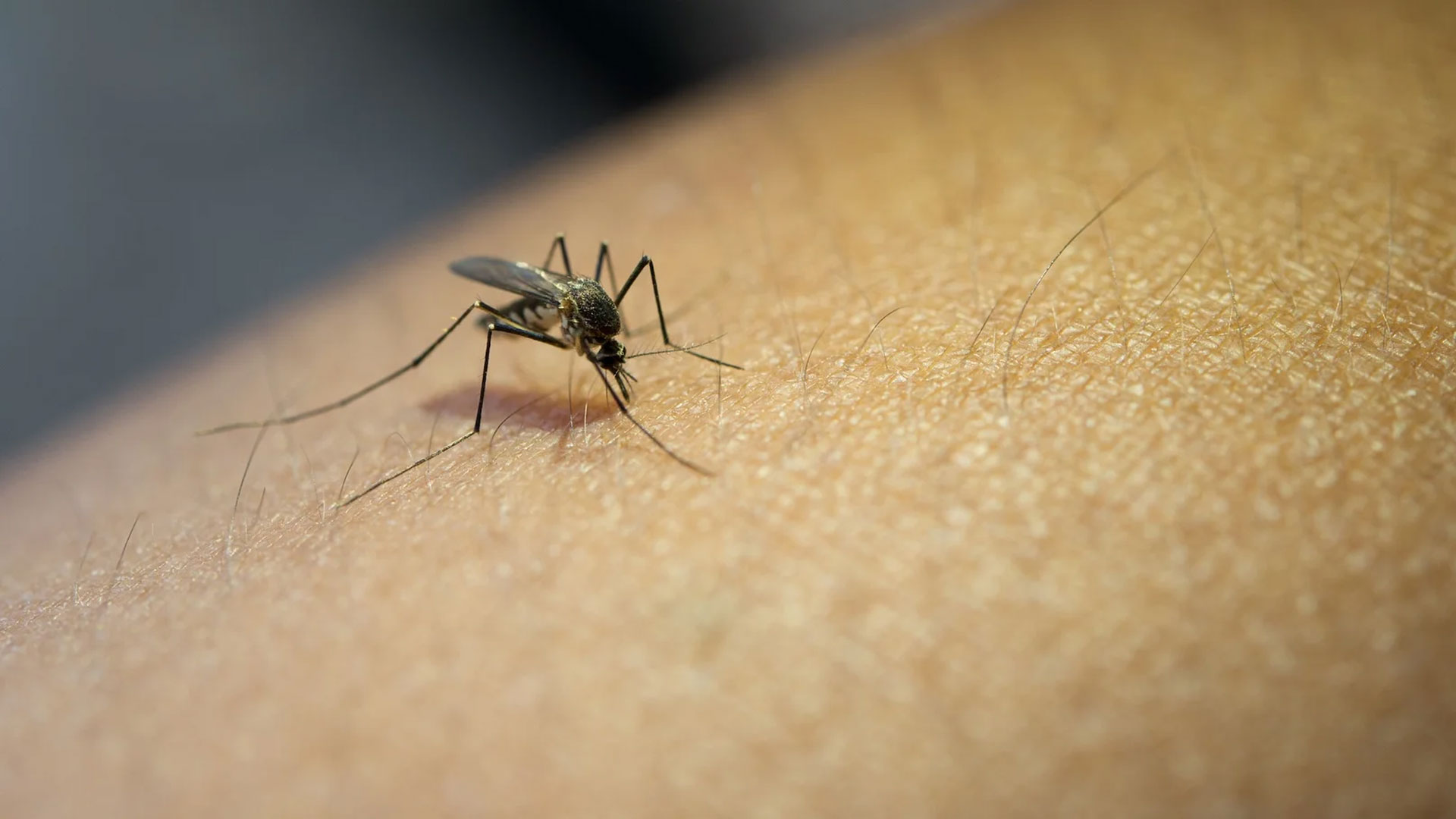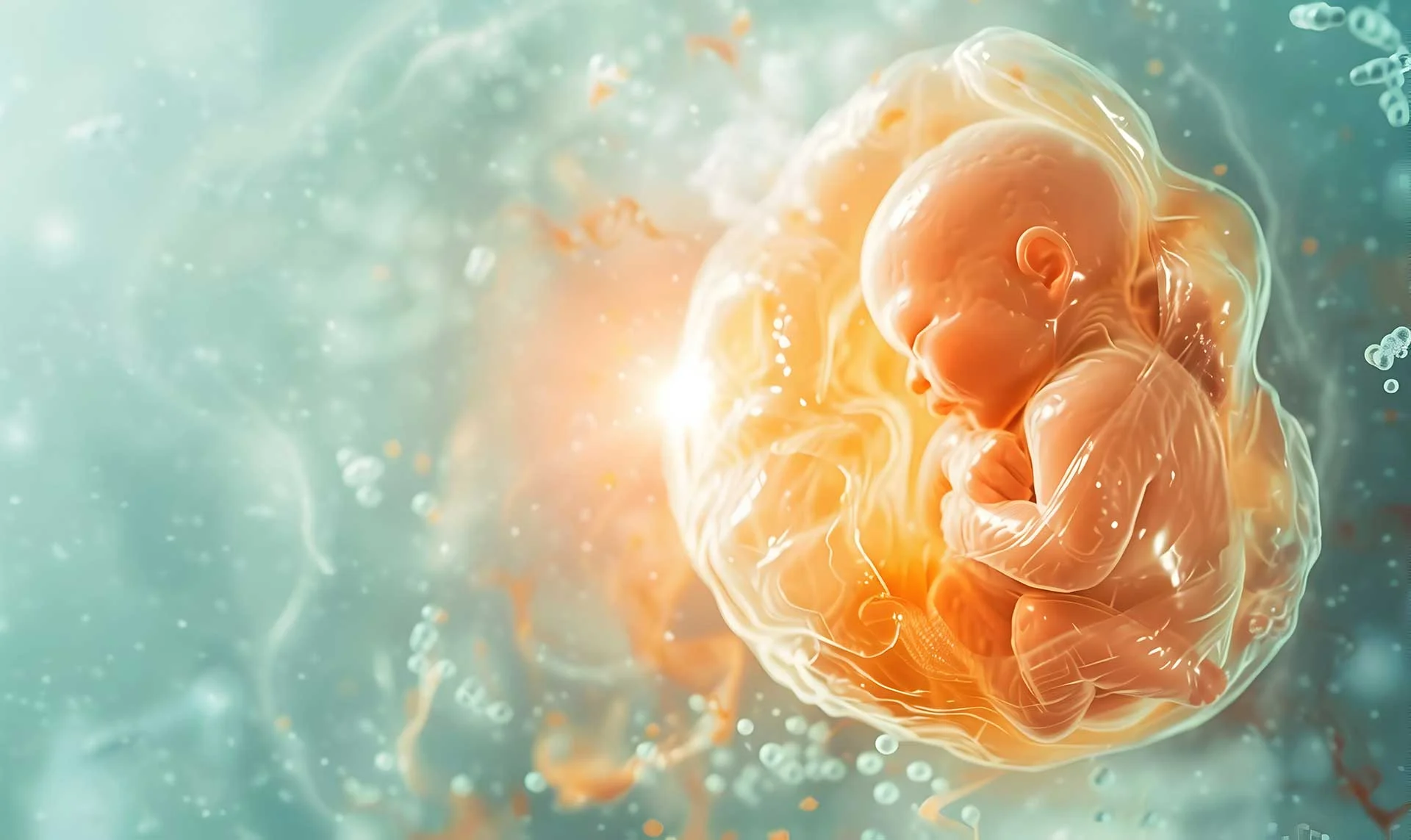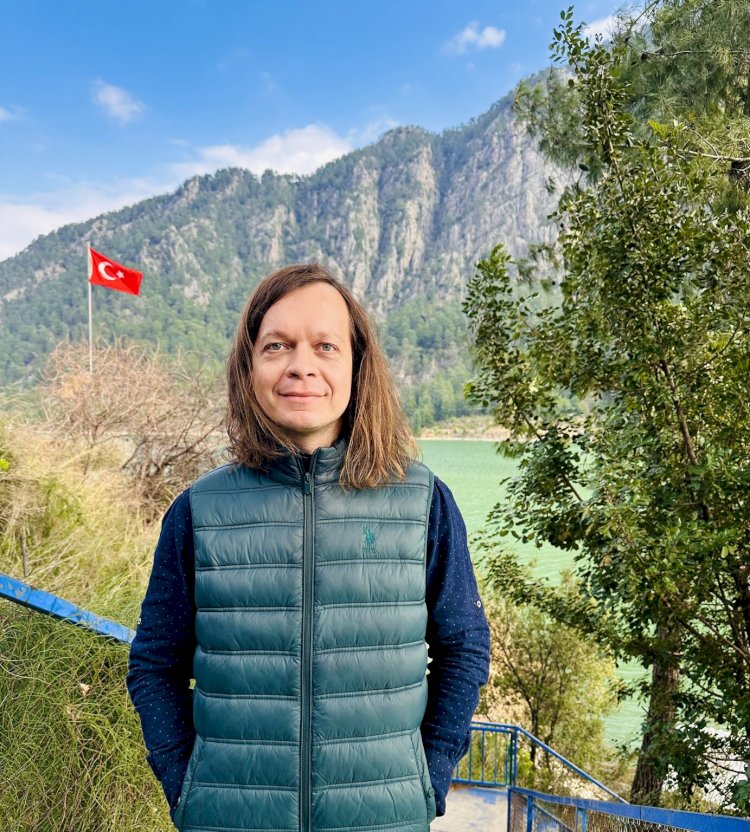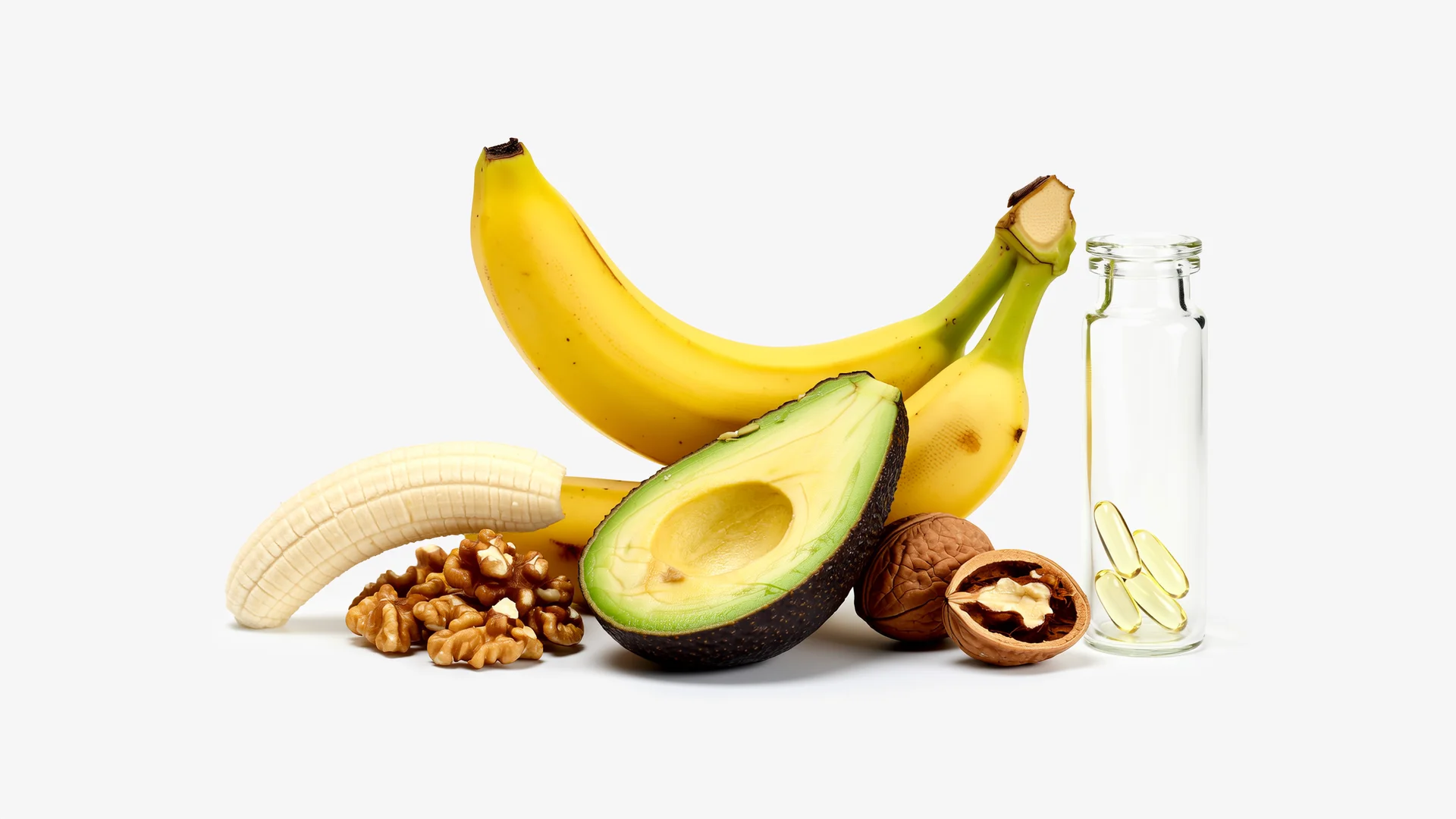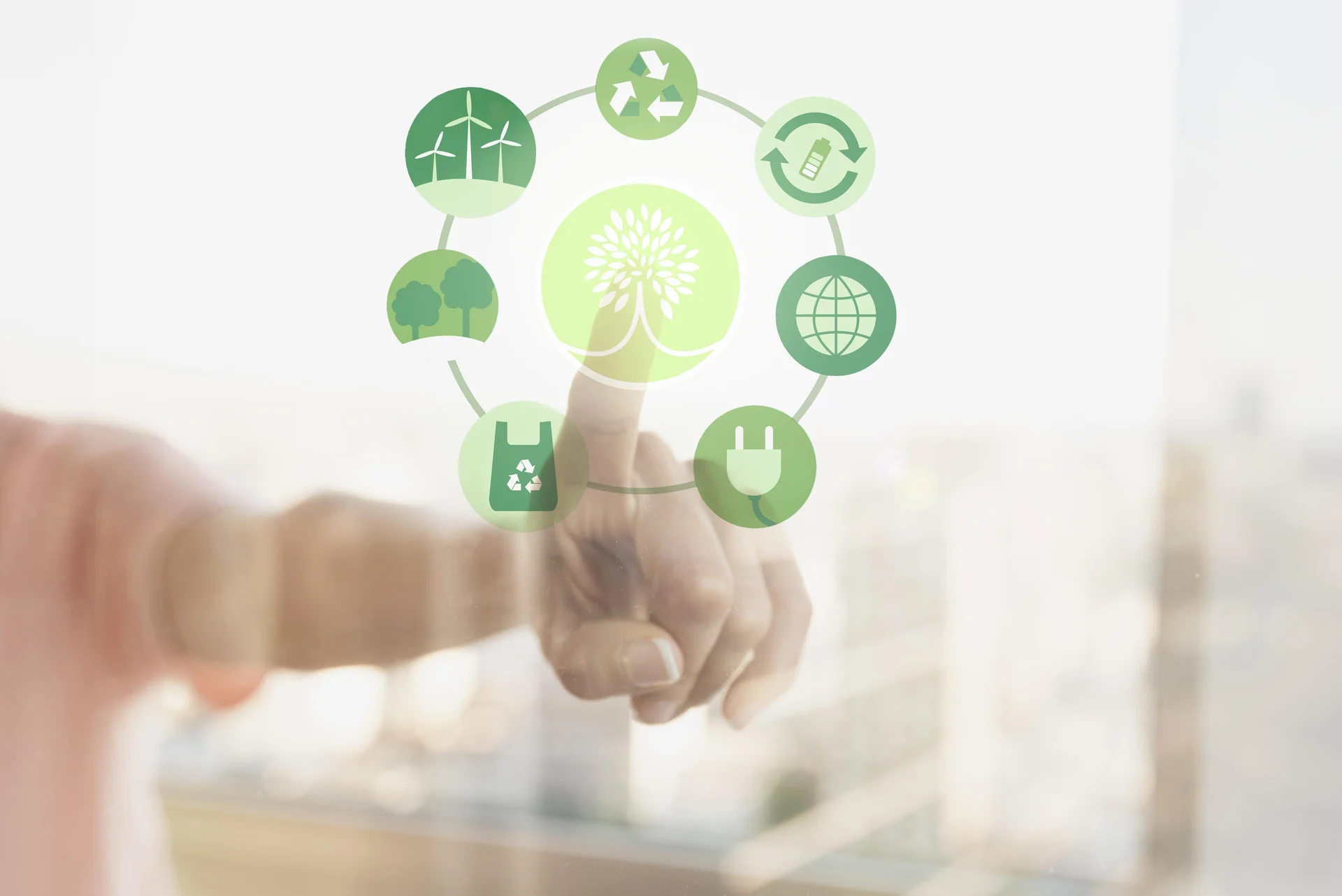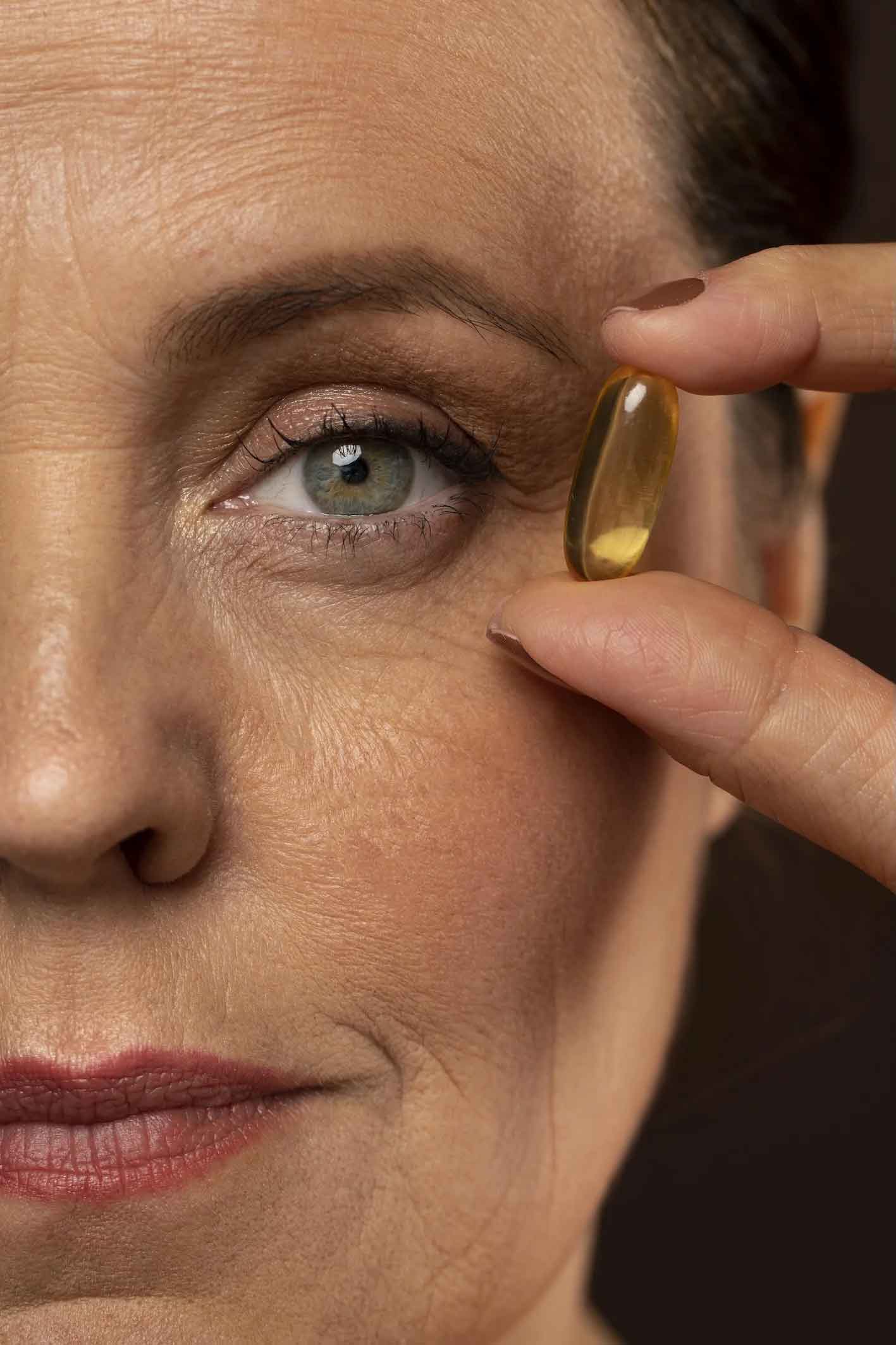"Initially considered more in sciences like physics and meteorology, the butterfly effect eventually became a metaphor used in many fields, including economics, psychology, and sociology."
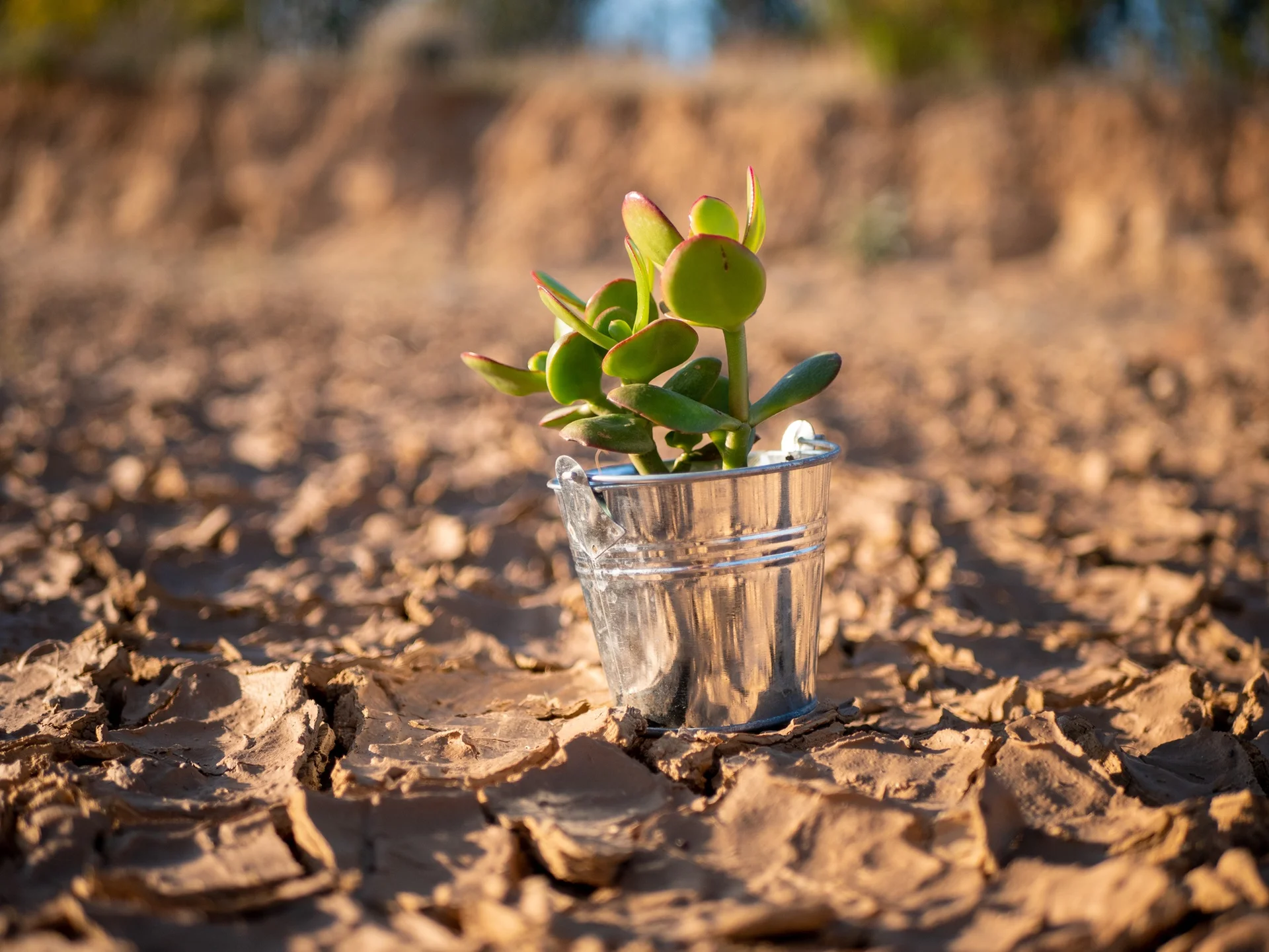
Climate Crisis and Our Health
I’d like to start with a small story: In the 1960s, American meteorologist Edward Lorenz was working on his weather forecasting models when he explicitly mentioned a term. Lorenz observed that small changes in the initial conditions of atmospheric simulation could lead to significant deviations in the prediction results. While describing these deviations, he drew attention with the striking question, “Could a butterfly flapping its wings in Brazil cause a tornado in Texas?” He defined this effect as the “Butterfly Effect.” Lorenz's work played an important role in the development of chaos theory and in helping us understand how sensitive systems in nature can be. Initially considered more in sciences like physics and meteorology, the butterfly effect eventually became a metaphor used in many fields, including economics, psychology, and sociology.
And now, let’s come to the present day. The report below shows us the effects of the butterfly effect so clearly. For example, who could have imagined that the climate crisis might lead to “insomnia”? Yet, as temperatures and daylight exposure times gradually increase, our sleep-related mechanisms are slowly driving us toward “sleeplessness.” Insomnia, at its simplest, is a factor that threatens our immunity and reduces our potential for productive work.
Over time, I’ve shared studies with you showing that rising temperatures increase our tendency to gain weight or that people who drink more than three cups of coffee per day take 1,000 more steps daily than those who drink less. But the health impacts of the climate crisis are far from being so benign.
For instance, the rate of dust exposure (desert dust, particle-rich air) has increased by 45% compared to previous years. I recently shared a tuberculosis report again… It clearly revealed an increase far beyond expectations in the last 2-3 years, unlike previous years.
Preventing the climate crisis is everyone’s main duty, a responsibility, a debt to the future. Without “but,” without shifting responsibility to others, we must all urgently reevaluate our lives and completely abandon these generally unhealthy lifestyles.
In this context, I propose that November’s motto for all of us be “change.” I am certain that changing our habits will create a butterfly effect on our bodies and our environment.
For us, time has not just grown short—it’s run out.
Now is the time for change!
Climate Crisis and Our Health



